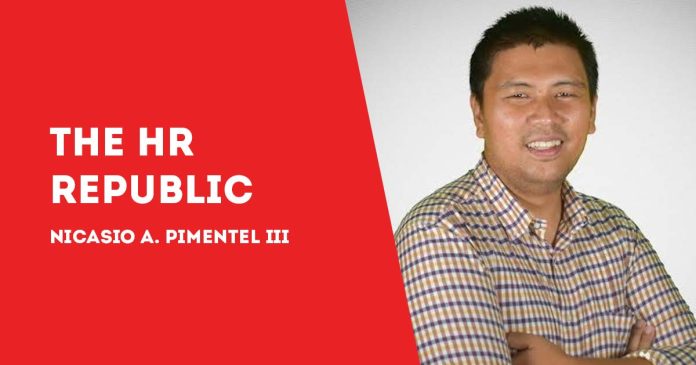
Challenges and Pitfalls: Why Implementation Matters
However, replicating the Fast Stream in the Philippine context is not without obstacles.
1. Elitism and Equity Concerns
A selective graduate program risks being perceived as favoring graduates from elite universities like UP, Ateneo, or La Salle, exacerbating existing inequities in civil service recruitment. To mitigate this, selection criteria must balance academic excellence with leadership potential and regional representation.
2. Bureaucratic Resistance
The Philippine civil service traditionally values seniority, and fast-tracking young recruits could face pushback from career officials. Clear performance metrics and strong institutional backing would be essential to legitimize the program.
3. Sustainability
Past initiatives like the BBP gradually lost momentum due to the challenges previously discussed. Any new program must be legislated and budgeted as a long-term investment, not just a pilot project.
A Way Forward: Pilot, Adapt, and Institutionalize
Given these challenges, a Philippine Fast Stream should be introduced gradually:
1. Start with a Pilot Program
Target reform-ready agencies like DTI, NEDA, or DICT, where leadership buy-in is strong. Use the pilot to refine selection processes, role design, and mentorship structures.
2. Blend Meritocracy with Inclusivity
Adopt competency-based assessments (e.g., case analyses, leadership simulations) rather than relying solely on academic pedigrees. Actively recruit from state universities and regions outside Metro Manila.
3. Secure Institutional and Political Backing
Anchor the program in civil service reform laws and ensure multi-year funding. Involve the CSC, DBM, and the Office of the President to prevent discontinuation.
Conclusion: A Rare Opportunity for Reform
The UK Fast Stream is not a perfect model, but its successes—and failures—offer valuable lessons. In the Philippine context, where streamlining government processes continues to be a work in progress, a thoughtfully designed talent program could help drive positive change, It would not replace the Career Service Examination but complement it by creating a dedicated leadership track.
The stakes are high. Nurturing a new generation of capable, public-spirited leaders is essential to help the Philippine bureaucracy adapt and thrive in an era of rapid change. The question is not whether the country can afford to try—it is whether it can afford not to. In an era where public trust is fragile and governance challenges are growing more complex, this may be a once-in-a-generation chance to reshape the Philippine bureaucracy into a more dynamic, inclusive, and future-ready institution.
***
Columnist Bio
Nicasio A. Pimentel III is a UK-certified human resources practitioner and educator with over 15 years of experience spanning HR strategy, analytics, systems integration and talent management across several Fortune Global 500 companies and public sector institutions in UK, Australia and the Middle East. He holds an MSc in Management and Human Resources from the prestigious London School of Economics and a BA Psychology from the University of the Philippines Diliman. A former Christian missionary to marginalized ethnic minorities in Cambodia, he now teaches psychology at the University of Antique and continues to serve underserved communities in Western Visayas through grassroots ministry and education advocacy. He is also an Associate Member of the Chartered Institute of Personnel and Development (Assoc CIPD) in the UK. For questions, e-mail nicasio.pimentel@antiquespride.edu.ph./PN







